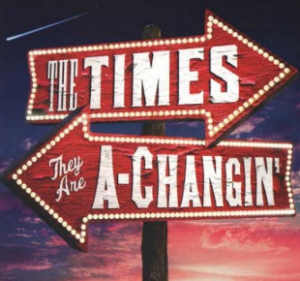In relation to job titles, feedback from our colleagues at the Liquid Café (Excellence Through Partnerships) event in November 2014 included:
“The term “Clerical” is very outdated and job titles should reflect this”
“We need clear definition of job titles and job roles”
Colleagues in administrative roles are of the opinion that some job titles shape stereotypical impressions or contribute to old fashioned notions of subservience and reinforce the historical hierarchy prevalent within some university environments.
This is where we need to work more in partnership with managers who write job descriptions and with our resourcing colleagues in HR. Firstly, it is important to ensure gender-fair language to ensure that job descriptions are not inadvertently linked to either masculine or feminine characteristics. Over the past few years, there has been a lot of articles and studies about the glass ceiling, about the struggles women face at the top, yet there has been barely a murmur about the gender imbalances at the bottom of the corporate ladder. Perhaps we should consider eradicating the title of ‘Assistant’ in some instances, and replacing it with ‘Coordinator’, ‘Advisor’, or ‘Officer’. At the end of the day, assistants often do so much more than purely ‘assist’, anyway, and by removing the subservient connotation that the word ‘Assistant’ can imply, we might also remove the bias many men have toward these roles. Likewise, the term ‘Clerical” smacks of the 1930’s/50’s and it is a time a new job title was defined for colleagues performing a front line student advisory service.
To this end, and as part of our project “Who do we think we are – the professionalization of administrative staff”, we have asked our peers in the Sciences Faculty to let us know what they really think about their job titles; what they prefer, and what they dislike. We have even asked colleagues to think of brand new job titles which they feel adequately describes the function they perform, that in an ideal world, they would use. All the results we receive will be relayed to our colleagues in HR in order to better inform them of employees thoughts on this issue. Indeed, there does seem to be a case for letting employees choose their own job titles as demonstrated at the Make-A-Wish-Foundation Here employees who created their own job titles were left feeling positive by the experience and felt that their new titles provided self-verification and helped them express more of their own identity and personality.
Let’s start creating job titles that actually mean something and reflect the professionalism of the roles that we perform and the value we bring.






